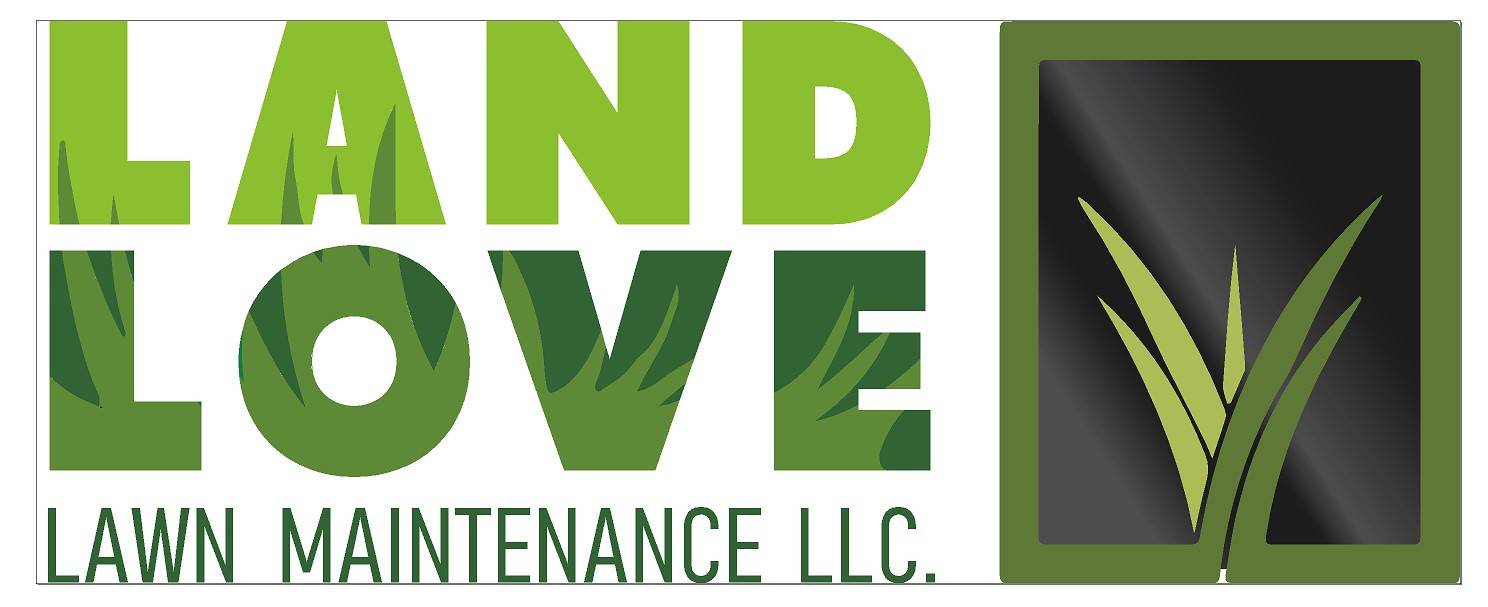
A healthy lawn enhances the beauty of any property, but many people mistakenly believe that frequent watering is the key to achieving a vibrant green lawn.
Overwatering can actually weaken grass roots, invite diseases, and increase maintenance costs. Instead, proper techniques and smart landscaping strategies can help maintain a lush lawn without excessive water use.
Understanding Your Lawn’s Water Needs
Each lawn demands an extraordinary amount of water because various factors affect its growth, including soil conditions, grass species, weather, and sunlight. Learning how much water your lawn needs forms the basis for nurturing its health through proper water use.
1. Test Your Soil Moisture
First, test the soil moisture before turning on the sprinkler system. Insert a screwdriver or a soil probe into the ground to determine if it is moist. Soil that is well-moistened will be easily penetrable. If your results show no humidity, then you will need to water. Performing regular tests on soil moisture will help you create an effective lawn watering routine.
2. Choose Drought-Resistant Grass
Several types of grass perform well with minimal water. Choose Bermuda, Zoysia, or Fescue seeds to assist your grass in survival, as they can withstand minimal water levels. These grasses require less watering and fare better in hot conditions than regular. Blending different kinds of grass makes the lawn less vulnerable to extreme heat and cold conditions.
Effective Watering Strategies for a Green Lawn
Proper watering methods help your lawn remain healthy by requiring only the necessary water. Water conservation through clever irrigation techniques properly nourishes the grass.
1. Water Deeply but Infrequently
When you water your lawn, allow the water to penetrate deep by conducting intensive soaking sessions 1-2 times a week. The deep soaks enable grass roots to grow strongly, protecting them from drought. Brief watering bursts weaken the grassroots and make them water-dependent.
2. Water Early in the Morning
Watering between 6 AM and 10 AM is best for soil to absorb. The sun does not get a chance to evaporate during the morning. Don’t water your lawn in the evening, as overnight wetness on the lawn promotes fungal growth. When it is impossible to water your lawn in the morning, a good choice is to water it late in the afternoon with sufficient time for the grass to dry at night.
Improving Soil Health for Better Water Retention
A lawn needs healthy soil to remain green without requiring much water. Proper soil care through specific practices enables better water absorption and retention.
1. Aerate the Lawn Regularly
Aerated soil becomes more manageable, allowing essential resources to reach the roots more effectively. The technique also opens the ground surface to accept water better, thus reducing the lawn’s watering needs. Run your aerator through your lawn twice a year during autumn and spring for water penetration improvement.
2. Apply Organic Mulch
Organic mulching greatly helps your soil keep its water content intact. The right temperature balance is always needed if you want your grass to get enough nutrition. Composted leaves retain moisture better than other materials.
3. Maintain Proper Mowing Practices
People often ignore mowing needs, but this essential lawn practice requires attention for proper lawn care. You must understand what height level you should set while cutting your lawn. The correct mowing process adds more water to the soil by naturally enriching it.
Professional Lawn Care Solutions
Lawn care professionals help land-management businesses and organizations manage their lawns. Brockton Landscapers teaches clients essential soil management methods to set up efficient irrigation systems and maintain nourishing grass throughout the seasons.
1. Seasonal Lawn Maintenance
A lawn requires the same care as a living being and needs suitable nutrition to thrive. Nutrient-rich treatment keeps your grass and entire lawn in overall good health. The appropriate fertilizer makes lawns grow better while letting them stay hydrated for less.
2. Eco-Friendly Lawn Treatments
Natural solutions for plant nutrients and pest control help protect the environment while shielding the grass from diseases. Avoiding chemical pesticides benefits soil quality and allows beneficial insects to thrive on your lawn.
3. Commercial Lawn Maintenance Services
Property and business owners should hire commercial lawn maintenance services that encompasses routine mowing along with soil treatments and water management. Our expert services keep the landscape beautiful while ensuring that water is not wasted. A well-maintained commercial lawn creates an inviting view that enhances how visitors and clients perceive your business.
Additional Tips for a Water-Efficient Lawn
Make rainwater usage easier by adding a rainwater collection system that stores rainwater for garden irrigation needs. Planting shade trees and ground cover plants in suitable areas will establish a natural defense system to retain moisture in the soil. These plants also naturally cool outdoor environments, making them more enjoyable to spend time in.
To save water, inspect watering systems daily for leaks and sprinkler misalignment. Even a small leak can eventually waste large amounts of water. In regions experiencing severe drought, opt for drought-resistant plants like native species, clover, and ornamental grasses to enhance your area without requiring much water.
Conclusion
With the proper techniques and professional guidance, achieving a lush, green lawn without overwatering is possible. By understanding soil needs, using efficient watering strategies, and seeking expert help from Bold Landscaping in Brockton, MA, and commercial lawn maintenance services, you can maintain a beautiful and healthy lawn while conserving water and reducing maintenance costs. Smart lawn care protects our environment while providing both water-saving benefits and lower treatment costs over time.
Transform your lawn into a lush, vibrant oasis, contact Land Love Lawn Maintenance today for expert care!
